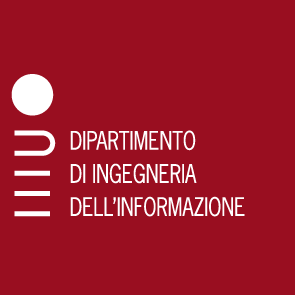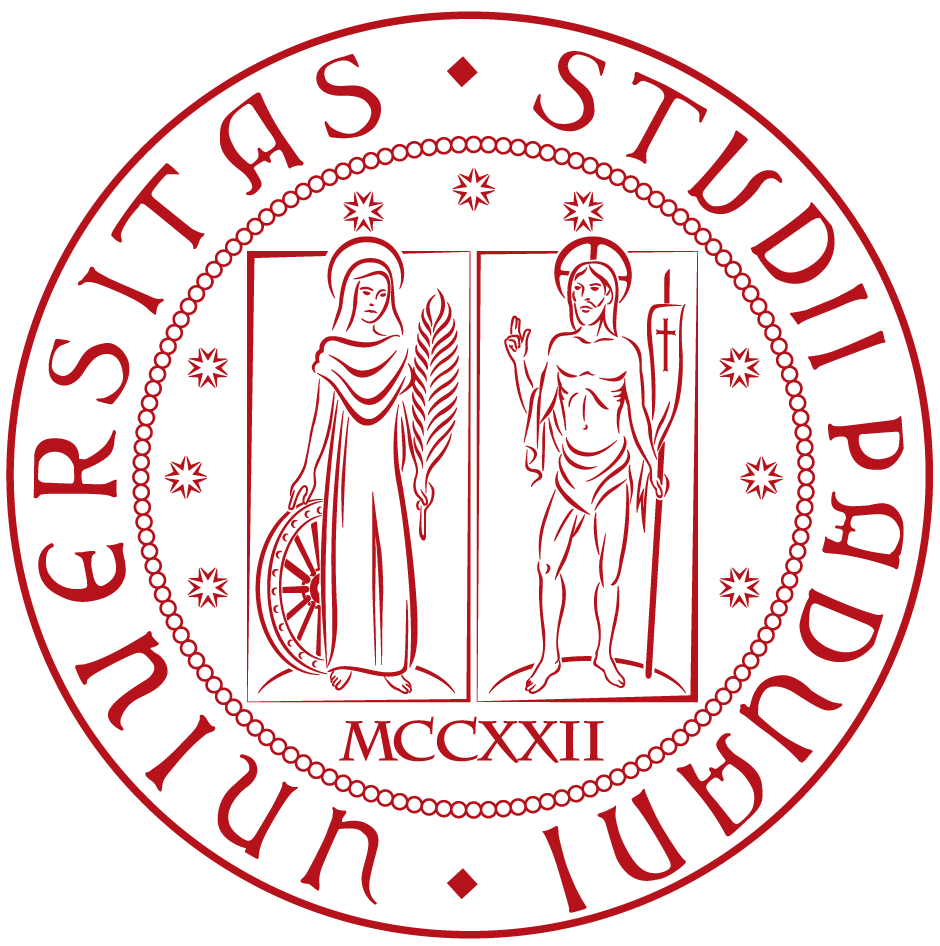IIIA Hub Research Activities
BRAINTEASER [2021-2024]
BRinging Artificial INTelligencE home for a better cAre of amyotrophic lateral sclerosis and multiple SclERosis
Amyotrophic Lateral Sclerosis (ALS) and Multiple Sclerosis (MS) are chronic diseases characterized by progressive or alternate impairment of neurological functions (motor, sensory, visual, cognitive). Artificial Intelligence is the key to: i) better describe disease mechanisms; ii) stratify patients according to their phenotype assessed all over the disease evolution; iii) predict disease progression in a probabilistic, time dependent fashion; iv) investigate the role of the environment; v) suggest interventions that can delay the progression of the disease. BRAINTEASER will integrate large clinical datasets with novel personal and environmental data collected using low-cost sensors and apps. Software and mobile apps will be designed embracing an agile and user-centred design approach, accounting for the technical, medical, psychological and societal needs of the specific users.
Examode [2019-2023]
Extreme-scale Analytics via Multimodal Ontology Discovery & Enhancement
Exascale volumes of diverse data from distributed sources are continuously produced. Healthcare data stand out in the size produced (production is expected to be over 2000 exabytes in 2020), heterogeneity (many media, acquisition methods), included knowledge (e.g. diagnosis) and commercial value. The supervised nature of deep learning models requires large labeled, annotated data, which precludes models to extract knowledge and value. Examode solves this by allowing easy & fast, weakly supervised knowledge discovery of exascale heterogeneous data, limiting human interaction.



